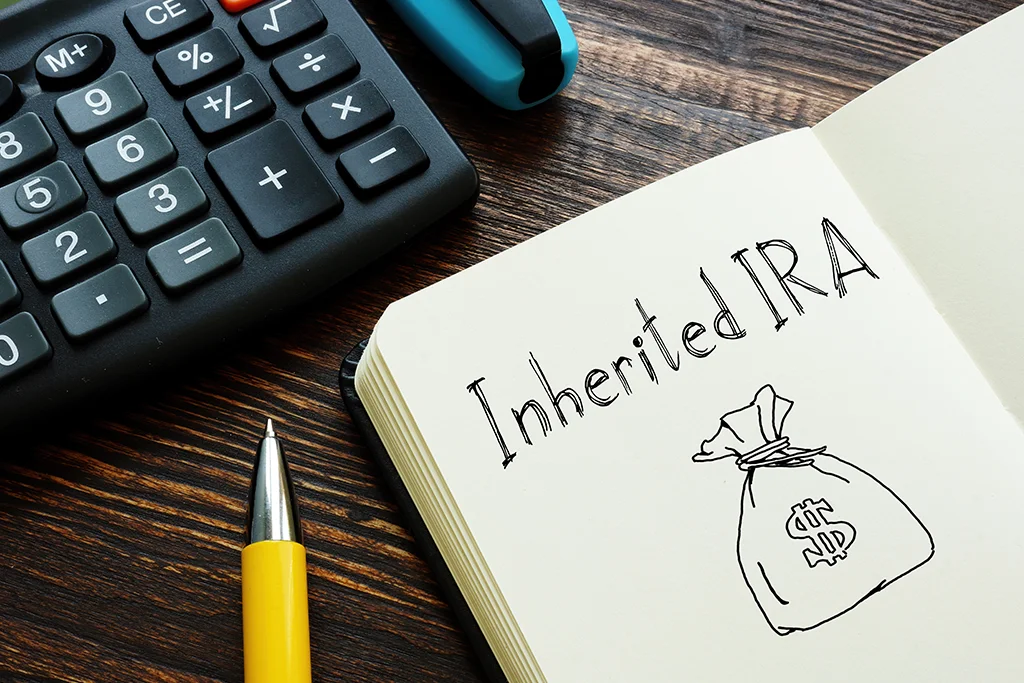We’ve covered the differences between Roth and Traditional IRAs, but what happens after the owner of an IRA account passes? The answer is different depending on the beneficiaries.
Spouses
Spouses of a deceased IRA owner have a few options for inheriting the funds in the account:
- Name yourself as the owner of the IRA and begin treating it as your own
- Roll the IRA into your own existing account
- Act as the beneficiary of an inherited IRA
Though the first two options are only available to spouses, they are the only way in which an investor can continue contributing to an IRA account once the original owner has passed.
Eligible Designated Beneficiaries
The qualifications for being an EDB are as follows: chronically ill, disabled, minor child, no more than 10 years younger than the IRA’s original owner
If the beneficiary of an IRA falls into one of these categories, their options are as follows:
- Receive the inherited IRA and take distributions based on your current life expectancy. Regular RMD rules will apply.
- Receive the inherited IRA and liquidate the account over the course of no more than 10 years, 5 years for ROTHs.
Designated Beneficiaries
All other inheritors are designated beneficiaries. These individuals have one option and that is to receive the inherited IRA in your name and liquidate the account via distributions over the course of the next 10 years.
Deciding which means for transferring ownership of an inherited IRA can be a difficult decision, especially when compounded with the loss of a loved one. For assistance in making these decisions or to schedule a complimentary financial review with Moore’s Wealth Management, click here or call our office at 770-535-5000, where a staff-member is awaiting your call Monday through Friday, 9AM to 5PM.
SOURCE:
What Happens to Inherited Retirement Accounts?
This material is provided as a courtesy and for educational purposes only. Please consult your investment professional, legal or tax advisor for specific information pertaining to your situation.
All information contained herein is derived from sources deemed to be reliable but cannot be guaranteed. All views/opinions expressed in this newsletter are solely those of the author and do not reflect the views/opinions held by Advisory Services Network, LLC.
This article may contain links to articles or other information that may be on a third-party website. Advisory Services Network, LLC is not responsible for and does not control, adopt, or endorse any content contained on any third-party website.
Advisory Services Network, LLC does not provide tax advice. The tax information contained herein is general and is not exhaustive by nature. Federal and state laws are complex and constantly changing. You should always consult your own legal or tax professional for information concerning your individual situation.


